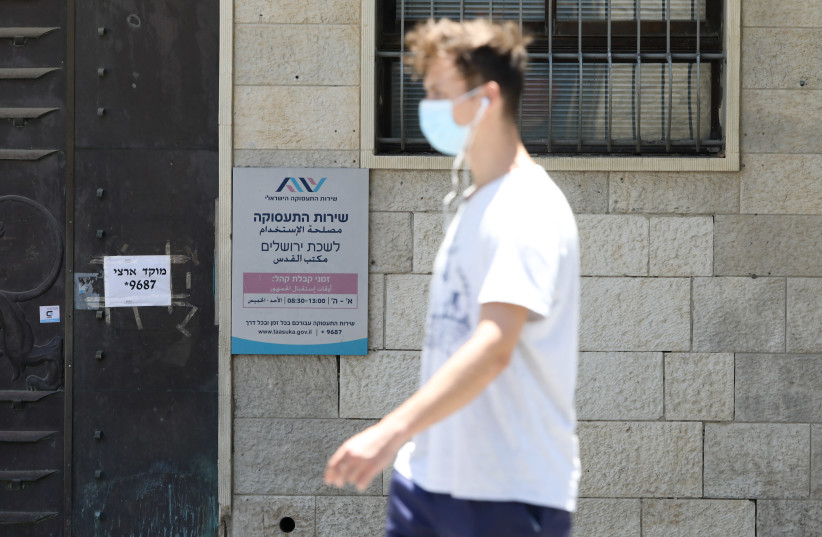The economic fallout from the recent conflict with Hamas is becoming increasingly apparent as Israel grapples with a surge in unemployment. According to the Central Bureau of Statistics, the jobless rate reached nearly 10% in October, fueled by temporary work losses affecting over 428,000 individuals.
In October, the main unemployment rate remained steady at 3.4%. However, when factoring in the temporary loss of work due to the conflict, the rate reached 9.6%, with 428,400 people jobless compared to 163,600 in September. The October 7 attack by Hamas terrorists on Israeli border towns resulted in the mobilization of nearly 400,000 Israelis to reserve duty, and approximately 80,000 were placed on unpaid leave in the aftermath.
The employment rate for October dipped to 56.5% from 61.1%, reflecting the significant impact of the conflict on the workforce. As the country faces an anticipated economic contraction in the fourth quarter and a lower-than-expected growth rate in 2023, attention turns to mitigating the impact and supporting sectors struggling in the aftermath of the conflict.
Disproportionate struggles
Previous reports from the Central Bureau of Statistics highlighted the construction industry as one of the most severely affected, with over 62% of businesses facing near-closure. In contrast, only 4% of businesses in hi-tech and financial services sectors were similarly impacted.
According to self-reports, 51% of businesses nationwide have experienced a serious income decline compared to normal times. In the southern and northern districts, the percentages of businesses reporting significant damage to income were the highest, at 66% and 64%, respectively. The construction and food and beverage services industries were particularly hard-hit, with over 70% of businesses in these sectors reporting a serious loss of income.

Small businesses, defined as those with up to 10 salaried positions, were disproportionately affected, with approximately 57% reporting a serious income decline compared to only 14% of larger businesses with more than 250 salaried positions.
The data also revealed the precarious position of small businesses, with 42% of those with 5-10 salaried jobs on the brink of closure, compared to approximately 15% of larger businesses.
As Israel grapples with the economic repercussions of the conflict, stakeholders and policymakers face the challenge of rebuilding and supporting businesses affected by the ongoing crisis.
